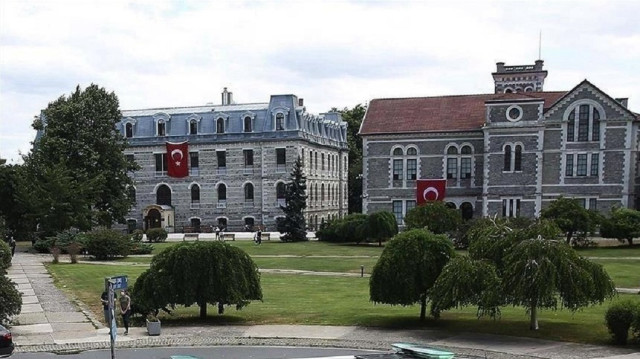
Hosted by Bogazici University, 2-day event focused on great power rivalry, trade networks, and regional dynamics
An international conference on global competition in the Middle East concluded Tuesday at Istanbul's Bogazici University, featuring discussions of trade networks, strategic alignments, and current geopolitical developments.
The two-day event, titled Great Power Competition & the Middle East: Redrawing Trade Routes and Networks, began Monday and was organized in collaboration with the PLUS Institute (Austrian Institute for International Research and Development), the Al Jazeera Centre for Studies, the Foundation for Political, Economic and Social Research (SETA) in the Turkish capital Ankara, and the Center for Turkish Studies at Shanghai University.
Academics, strategists, and researchers from Türkiye, Austria, Germany, China, Russia, Iran, Qatar, the UK, and France attended the event, which addressed a wide array of regional and global issues.
Day one featured sessions on great power rivalry and imperial legacies in the Middle East, followed by discussions of the roles of China, India, and Russia in shaping global trade. The final session of the day explored Europe's strategic autonomy, including the influence of the US and NATO.
On day two, discussions continued with a focus on power dynamics in the Middle East and North Africa. Former Egyptian Ambassador Ramzy Ezzeldin Ramzy, speaking at the morning session, said "middle powers" such as Brazil, Egypt, Türkiye, and Mexico could help shape a multipolar world, moving beyond “traditional spheres of influence.”
Other panels addressed regional initiatives, shifting global hierarchies, and evolving strategic alignments. The conference concluded with a roundtable session featuring young scholars discussing the Middle East and the emerging global order.
Topics throughout the conference included alternative trade routes such as China's Belt and Road Initiative, the International North-South Transport Corridor, and the India-Middle East-Europe Economic Corridor, as well as energy infrastructure, regional cooperation, and shifting global norms.







